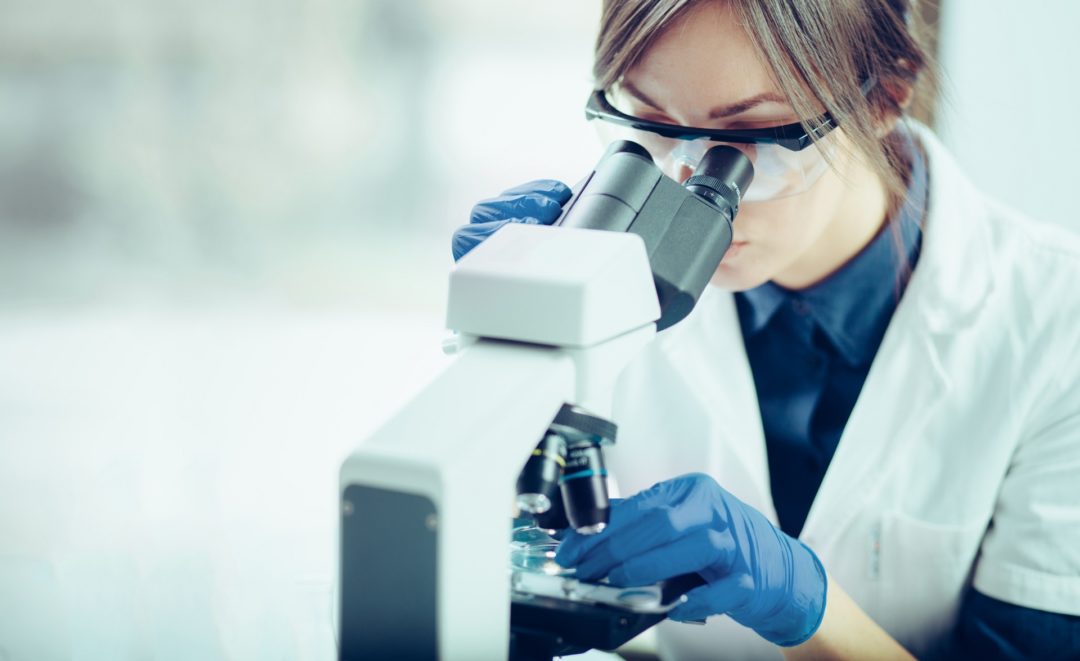The study concluded that the 5% fraction of Pterocarpus marsupium extract, supplied as Sabinsa’s Pterosol ingredient, resulted in significant benefits, with the authors suggesting that Pterosol might be an effective plant-based anti-hyperglycemic, anti-inflammatory, and anti-hyperlipidemic agent without any side effects.
"Modern research validating the ancient practices of Ayurveda is what Sabinsa has done for 30 years, and yet the experience never gets old," said Sabinsa worldwide president Shaheen Majeed. "We expect to see additional studies reinforce this traditional knowledge."
An estimated 30.3 million people of all ages—or 9.4% of the U.S. population—had diabetes in 2015,according tothe Centers for Disease Control and Prevention (CDC). Sedentary lifestyle and food choices act in concert to increase diabetic risk factors and incidence.
Pterocarpus marsupium water-soluble extracts from the Indian Kino tree have been traditionally used for control of blood sugar in Ayurveda, according to the company. For centuries an Ayurvedic method of controlling diabetes involved drinking a water extract of Pterocarpus obtained either by soaking pieces of the wood in water overnight or utilizing a tumbler carved from wood from the Indian Kino tree filled with water.
For related articles, please see:
Sabinsa Granted U.S. Patent on Probiotic with Cranberry










